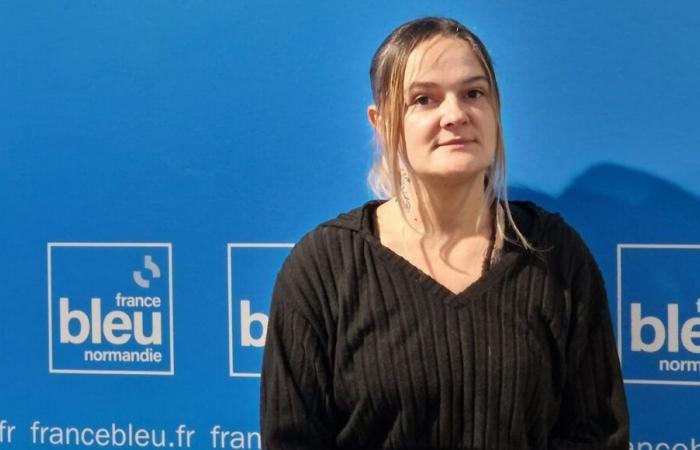
Charlotte Ngoma and her husband Jocelyn started a PMA (Medically Assisted Reproduction) course in 2022 and were able to preserve three embryos at the Caen University Hospital. But the following year, Jocelyn died of esophageal cancer. Despite his death, his wife decides to continue the journey and try to resort to assisted reproduction anyway. “It’s the only thing I have left of him, it was really a dream we wanted to come true”she says.
She quickly encountered major legal difficulties: post-mortem PMA is prohibited in France. She then requests the transfer of the embryos to a Spanish clinic, where the procedure is legal. After several court hearingsthe Council of State finally decided in mid-November: the widow's appeal was rejected.
The Council of State recalled that post-mortem assisted reproduction and the transfer of embryos for this purpose was prohibited in France. The institution also considered that this rule did not contradict the European Convention on Human Rights.
“For me, it’s over”
The Caennaise has decided to hire now a procedure at the European Court of Human Rightseven if she has little hope. “The deadline in Spain is one year. And on December 10, it will be a year since my husband died, so the transfer to Spain, for me, is ruined.”
If the process is not successful, she will have two options: either destroy the three embryos, or donate them for other women in the assisted reproduction process. A situation that she considers “unfair”.
Despite everything, Charlotte Ngoma does not intend to stop the appeals: in addition to the European Court of Human Rights, she has also written to numerous deputies. And spoke with Arthur Delaporte, socialist deputy for Calvados. “I will go all the way. I hope I can change the law so that other women don't have to go through all this suffering afterwards.”
France





